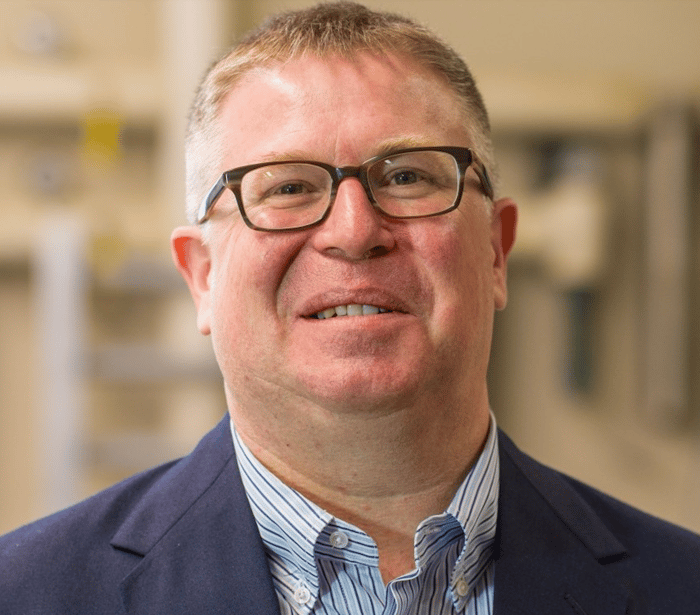
Colin Nuckolls
Colin Nuckolls received his Ph.D. in 1998 from Columbia University. He was an NIH post-doctoral fellow at the Scripps Research Institute in La Jolla, California until he joined the Faculty at Columbia University as an Assistant Professor of Chemistry in 2000. In 2006, Nuckolls was promoted to the rank of Professor, and from July 2008 to June 2011 he acted as Chairman of Columbia’s Department of Chemistry. His research focuses on integrating reaction chemistry into electrical devices. He is a founding member of the Columbia University Nanoscience Center. Amongst other awards, he is a recipient of a Sloan Research Fellowship, a Beckman Young Investigator Award, a 2008 ACS Arthur C. Cope Scholar Award, and the 2009 ACS Baekeland Award.
Research Description
The research that is conducted in my laboratories creates new types of molecules that assemble into uniquely functioning devices. The cornerstone of this program is a vigorous synthetic effort that allows a freedom of design, producing new structural types and assembly motifs. Once synthesized, we investigate the molecular and macromolecular assembly characteristics of these systems, trying to gain a deeper understanding of the interplay between molecular structure, assembly, and emergent function. Our current research efforts are aimed at creating novel and general methods to assemble and interconnect organic structures into functioning molecular-scale devices useful for energy transport and conversion. It cannot be overstated how important synthesis will be in defining this next generation of devices.
We are currently developing molecular-scale methodology to write complex surface-patterns. One critical aspect is defining how organic molecules can be efficiently interfaced with their substrates. It is requisite that these interconnections are kinetically stable and at the same time provide a strong energetic match between the molecule and the surface. Once created, these types of templated surfaces would be useful for spatially addressing recognition and assembly processes. Necessarily, it is important to develop orthogonal recognition domains to attain a higher level of understanding and control in hierarchical assembly processes.
It is evident from the challenges outlined above that this field of research is multidisciplinary. Students who study these problems will be required to master many tasks, including design, synthesis, and measurement. This broad-based program will serve to train students to use organic synthesis and self-assembly to address critical problems in nanotechnology.